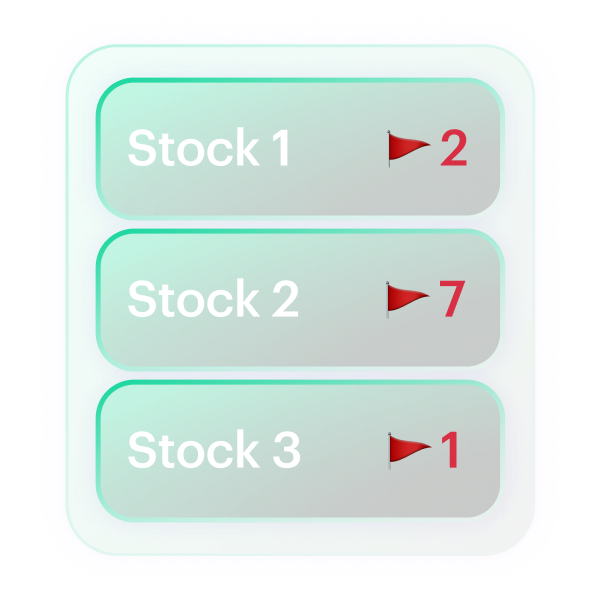Last Updated on May 24, 2022 by Aradhana Gotur
Every investor looks to earn stable returns at low risk. Warren Buffett, the world’s richest investor, ensured long ago that after his death, 90% of his wealth should be invested in index funds. He believed that over the years, index funds would consistently outperform actively managed funds, and his belief turned out to be true.
Now the question is, what are index funds? Index funds are passively managed funds or index mutual funds which move as per the indices they are tracking. These might seem a boring investment from the outside, but on a closer look, these have become one of the highest rolling investments in the market.
Table of Contents
How do index funds work?
Index funds are designed in a way to match the returns of the indices they are tracking. Since an index involves a diversified portfolio of stocks, the overall losses, if any, get minimised. Also, when you consider the low fees compared to those of mutual funds, these automatically become more profitable. Index funds are also called passively managed funds since they don’t involve any kind of research by a fund manager. A fund manager is present but only to monitor the index if there are changes in the portfolio of stocks of the index.
When an investor buys an index fund, they are buying a percentage of different stocks, which are there in the index tracked by the index fund. For example, if you buy Nifty50, then you are buying a percentage of 50 top stocks which comprise the Nifty. This makes it an excellent option for beginners to get exposure to the market at least risk.
Advantages and disadvantages of index funds
The index funds in India have gained popularity in recent years, but that doesn’t mean they don’t have their disadvantages. However, let’s first take a look at the benefits:
No reliance on another person
Since index funds move up or down in sync with the underlying index and give the same weightage to stocks as in the index, there is no stress over the performance of the fund manager. Hence, you just need to choose the index fund which resembles its index returns as closely as possible. In other words, this would be an index fund with the lowest tracking error.
Low expense ratio
In the absence of a fund manager and a research team to analyse the movement of stocks, the management cost of index mutual funds becomes relatively low compared to mutual funds. Also, as investments are held for a longer duration, as there are hardly any changes in the index portfolio, the transaction costs tend to be lower. Thus, in combination, these factors make index funds a low-cost investment.
Lower risks
Since index funds imitate the underlying index, risks can be easily estimated. With the risk being spread over diversified stocks, the chances of incurring loss are scarce. Also, it is always easier to track the index rather than monitor individual securities in the long run.
When investing in index funds, an investor needs to consider the following points as well:
Overall lower returns
When we invest in index funds, high return stocks balance out the loss-making stock and hence lower the overall risk of the portfolio. But this advantage has a downside too. The loss-making stock will also lower the overall returns of the portfolio.
Vulnerable to the index
Index funds move up or down as per the movement of the index they are tracking. So, if the index falls, then the index fund will also face the consequences. You won’t be able to exit in time or liquidate only the loss-making individual positions to protect yourself.
Should you invest in index funds?
If you consider the current COVID scenario, some actively managed funds in the tech or health sector have performed well. But when you take an overall view of the market, index funds proves to be a better investment. Then, the main question that arises is how to choose the right fund?
Since you can’t control the market performance, you need to track the performance of the desired index and control the costs of investing, meaning the fees of funds. Always choose funds that give the most cost-efficient returns irrespective of how the market performs. After analysing the pros of index funds, you can be sure that their low costs make them a favourable choice for investing your funds.
Conclusion
The bottom line is that index funds are a good choice to invest in, but first, you need to be clear about your personal financial goals. Index funds require discipline and patience; if you can exercise these values, you can consider investing in them. To know more about different index funds, use Tickertape’s Index Pages to make an informed, wise investment decision.
- List of Overnight Mutual Funds in India (2025) - Mar 17, 2025
- Income Funds: Meaning, Features, Benefits & How to Invest - Mar 13, 2025
- Hedge Funds in India: Meaning, Example, & Definition - Mar 13, 2025




